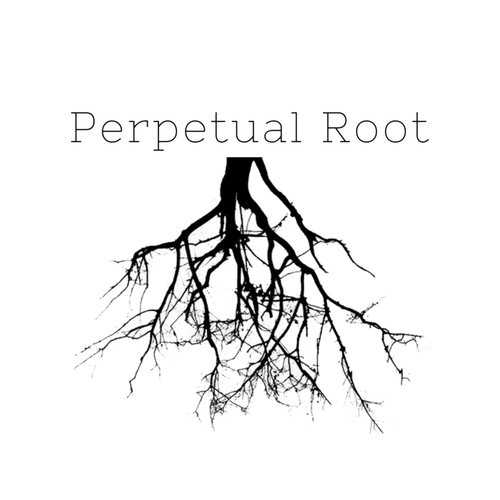Unaccompanied minor immigrants arriving on the Italian shores
Conclusion – Merits and flaws of the Law n° 47
The Law of April the 7th 2017, n° 47 with “Dispositions on protection measures for unaccompanied minors” came into force on May the 6th 2017 and represents the outcome of years of struggles by organizations as Save the Children, which has been on the front line in the fight for the rights and protection of unaccompanied minor immigrants (UMI). This is what changes with the new law:
- The rejection at the frontier is strictly prohibited for minors as well as the expulsion for State Security reasons unless there are no risks for the minor. Moreover, the assisted voluntary repatriation can be performed only after assessing that it is in the best interest of the minor. Also, a limit of 10 days is introduced to perform the newly standardized identification procedures and the possibility of appeal is introduced.
- The sojourn permit can be awarded to minors even before the appointment of a tutor and also upon request of the minor him/herself. Furthermore, the selection of a tutor is facilitated by the introduction of a list of voluntary tutors, trained and willing to take care of single kids or siblings, available at every minors’ court.
- The maximum permanence of minors in first reception structures is reduced from 60 to 30 days. The access to the SPRAR structures and services is extended to all UMI, without the necessity of having completed the asylum-seeking application. Moreover, foster care becomes the privileged long-term solution for unaccompanied minors.
- An information system is introduced that contains the social folders of all unaccompanied minors, in order to be able to select a long-term solution in the best interest of the minor. Furthermore, it is recognized the right of the minor to participate in all his/her administrative and judicial proceedings, through a state-appointed lawyer. Also, a cultural mediator and social entities aimed at the integration of foreigners in Italy will take part in the proceedings.
- A national fund for the reception of UMI is instituted in support of local entities and municipalities. Part of this money is dedicated to the promotion of educative projects specifically designed for immigrants. Moreover, it becomes possible for the minors to enrol in schools and obtain a degree even without a residence permit.
- Where necessary, an extension of the social service custody can be granted to unaccompanied immigrants even after 18 years old and up to 21 years old.
In the course of my investigation into the stories of those young migrants, I learnt a great deal about the enormous challenges they go through, both in their home country and during the journey that brings them to Italy. The fact that they had to put their lives at extreme risk, while still so young, moved me deeply. These kids and adolescents left their families, without any certainty to see them again, to attempt to provide a better future, for themselves and for their loved ones. From these considerations, raises the urgency to embrace them once they arrive in Italy, to make our country a place where the minors will feel safe and welcomed and put an end to this suffering.
To conclude, I would like to quote Pope Francis:
“I feel compelled to draw attention to the reality of child migrants, especially the ones who are alone. In doing so I ask everyone to take care of the young, who in a threefold way are defenceless: they are children, they are foreigners, and they have no means to protect themselves. […] Children are the first among those to pay the heavy toll of emigration, almost always caused by violence, poverty, environmental conditions, as well as the negative aspects of globalization. […] Childhood, given its fragile nature, has unique and inalienable needs. Above all else, there is the right to a healthy and secure family environment […]; then there is the right and duty to receive adequate education […]. All children, furthermore, have the right to recreation; in a word, they have the right to be children. And yet among migrants, children constitute the most vulnerable group, because as they face the life ahead of them, they are invisible and voiceless: their precarious situation deprives them of documentation, hiding them from the world’s eyes; the absence of adults to accompany them prevents their voices from being raised and heard. In this way, migrant children easily end up at the lowest levels of human degradation, where illegality and violence destroy the future of too many innocents, while the network of child abuse is difficult to break up. […] we need to work towards protection, integration and long-term solutions.”.


Leave a comment